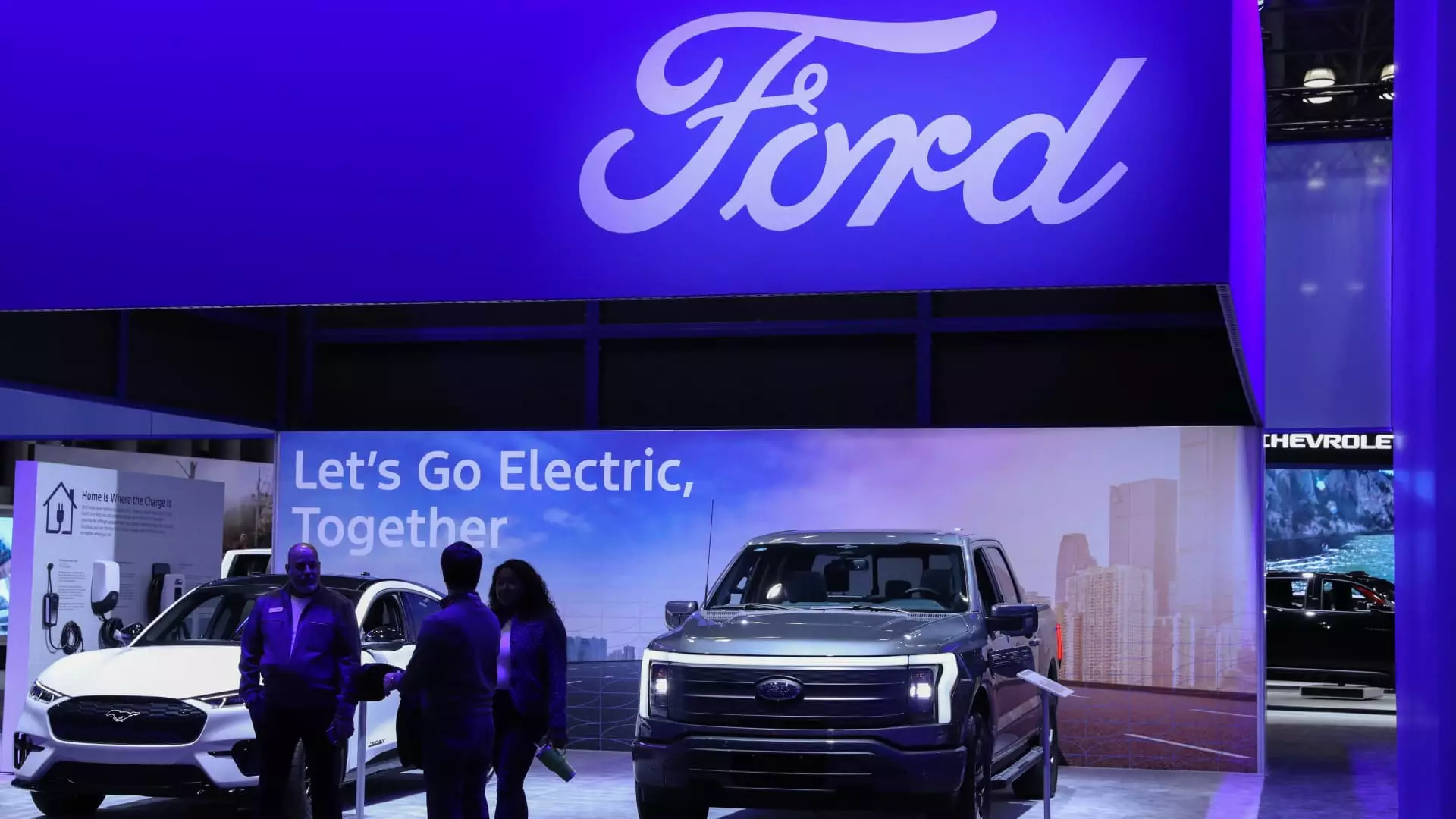Ford Motor recently announced a shift in its production plans, delaying the production of a next-generation all-electric pickup truck in Tennessee and canceling a three-row electric SUV. Instead, the company is prioritizing the development of hybrid models and electric commercial vehicles. This decision comes after evaluating the market and recognizing the need to focus on areas where they have a competitive advantage.
Ford CFO John Lawler stated that the company will be focusing on the development of hybrid models, as well as electric commercial vehicles like a new electric commercial van in 2026, followed by two EV pickup trucks in 2027. The company plans to produce a full-size truck in 2027 at the Tennessee plant and a new midsize truck developed by a specialized team in California. This strategic shift aims to deliver a capital-efficient and profitable electric vehicle business for Ford.
While these changes are intended to improve Ford’s electric vehicle business in the long run, they will result in short-term costs for the company. Ford will incur a special noncash charge of approximately $400 million for the write-down of certain product-specific manufacturing assets, including the cancellation of the three-row SUV. Additionally, the changes may lead to additional expenses and cash expenditures of up to $1.5 billion, impacting the company’s financial performance in the near future.
Lawler mentioned that Ford’s future capital expenditure plans will see a shift from spending around 40% on all-electric vehicles to spending 30%, although he did not provide a specific timeline for this change. The company’s initial plans to begin vehicle production at the new Tennessee site next year have been delayed, but Ford still anticipates starting battery cell production at the site in 2025. These adjustments reflect Ford’s response to the slower adoption of EVs and the challenges faced by automakers in achieving profitability in electric vehicle production.
According to Lawler, Ford’s decision to alter its production plans is a result of listening to customer feedback and understanding the evolving demands in the market. The company recognizes the growing interest in electrification and aims to provide customers with more choices in this regard. By being nimble and adapting to customer preferences, Ford hopes to strengthen its position in the EV market and meet the changing needs of consumers.
Despite the production changes, Ford remains committed to its current lineup of all-electric vehicles, including the Ford Mustang Mach-E crossover and F-150 Lightning pickup truck. The company plans to update investors on its electrification strategy, technology advancements, profitability goals, and capital requirements in the first half of 2025. By staying agile and responsive to market dynamics, Ford aims to secure its position as a key player in the evolving landscape of electric vehicles.



Leave a Reply